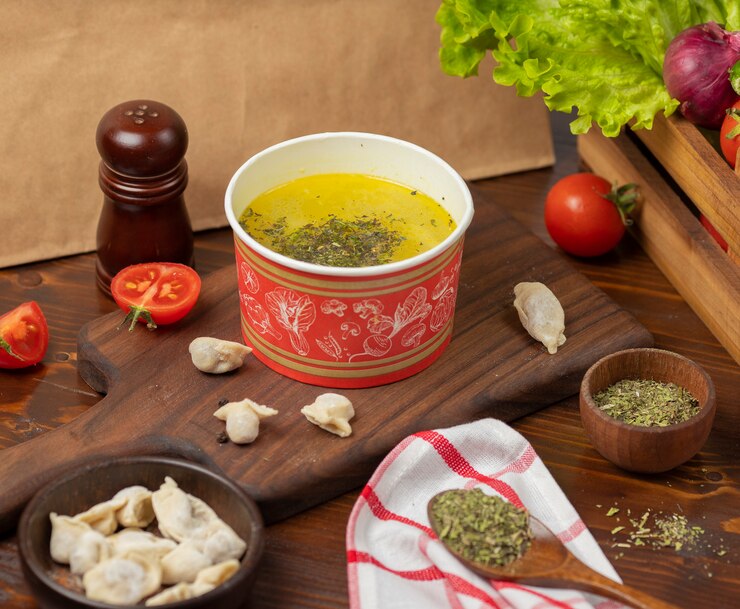Introduction
In the bustling streets of Chinatowns worldwide, hawker centers are the heart of food culture. But beyond the steaming woks and fragrant broths lies a lesser-known tradition—Chinatown Hawker Leftovers. This practice, often overlooked, plays a crucial role in reducing food waste, supporting low-income communities, and preserving culinary heritage.
In this article, we’ll explore:
– The cultural significance of hawker leftovers
– How leftover consumption helps combat food waste
– The ethical and economic aspects of this tradition
– Where and how you can witness or participate in this practice
What Are Chinatown Hawker Leftovers?
Chinatown Hawker Leftoversrefer to unsold or excess food from street vendors and hawker stalls that is either:
– Redistributed to those in need
– Repurposed into new dishes
– Sold at discounted prices before closing time
This practice is deeply rooted in Asian food culture, where minimizing waste is both an economic necessity and a moral value.
Why Does This Tradition Exist?
1. Cultural Thriftiness– Many Chinatown vendors come from backgrounds where food scarcity was common, leading to a “waste-not” mindset.
2. Economic Practicality– Unsold food means lost profits; selling leftovers at lower prices helps vendors recover costs.
3. Community Support – Leftovers often go to elderly or low-income individuals who rely on affordable meals.
The Role of Hawker Leftovers in Reducing Food Waste
Food waste is a global crisis, with 1.3 billion tons wasted annually (FAO). Chinatown Hawker Leftovers help mitigate this by:
Extending Food Lifespan – Leftover rice becomes fried rice; unsold meats go into soups.
Feeding the Needy – Charities and informal networks distribute excess food.
Encouraging Sustainable Practices – Vendors plan portions carefully to minimize waste.
Related Keywords:Hawker food waste solutions, sustainable street food practices
Ethical and Social Perspectives
While this tradition has benefits, it also raises questions:
Pros of Leftover Consumption
Affordable Meals – Low-income groups access nutritious food.
Environmental Impact – Less food in landfills reduces methane emissions.
Cultural Preservation– Keeps traditional food-saving practices alive.
Potential Concerns
Food Safety Risks – Improper storage can lead to spoilage.
Social Stigma – Some view eating leftovers as a sign of poverty.
Where to Experience Chinatown Hawker Leftovers
If you want to see this tradition in action, visit these spots:
1. Late-Night Hawker Stalls (Singapore, Kuala Lumpur, NYC)
– Vendors discount food before closing (e.g., 9 PM–12 AM).
– Look for signs like “Last Call Discounts” or “Leftover Specials.”
2. Community Food Sharing Programs
– Organizations like Food from the Heart (Singapore) redistribute unsold hawker food.
3. Back-Alley Eateries (Hong Kong, Bangkok)
– Some small shops repurpose leftovers into new dishes.
How You Can Support This Movement
Want to help reduce food waste in Chinatown? Try these steps:
Buy “Last-Hour” Meals– Support vendors by purchasing discounted leftovers.
🔹 Donate to Food Rescue Groups – Help charities redistribute excess food.
🔹 Spread Awareness – Share this article or discuss the issue with locals.
Conclusion: A Tradition Worth Preserving
Chinatown Hawker Leftovers are more than just a way to save money—they represent a sustainable, community-driven approach to food. By understanding and supporting this practice, we can help reduce waste, feed the hungry, and keep culinary traditions alive.
Call to Action:
Have you ever tried discounted hawker leftovers? Share your experience in the comments!
Follow us for more stories on hidden food cultures!
SEO Optimization Checklist
Primary keyword used 5+ times Chinatown Hawker Leftovers
Related keywords included Hawker food waste solutions, sustainable street food practices
Clear headings (H2, H3) for readability
Bullet points for easy scanning
Internal linking opportunities (e.g., linking to related articles on food waste)
Strong call to action (CTA)
This article balances informative content, SEO best practices, and engaging storytelling—perfect for ranking well while educating readers. Let me know if you’d like any refinements!
Also Read: statekaidz-com-interactive-learning-for-kids











